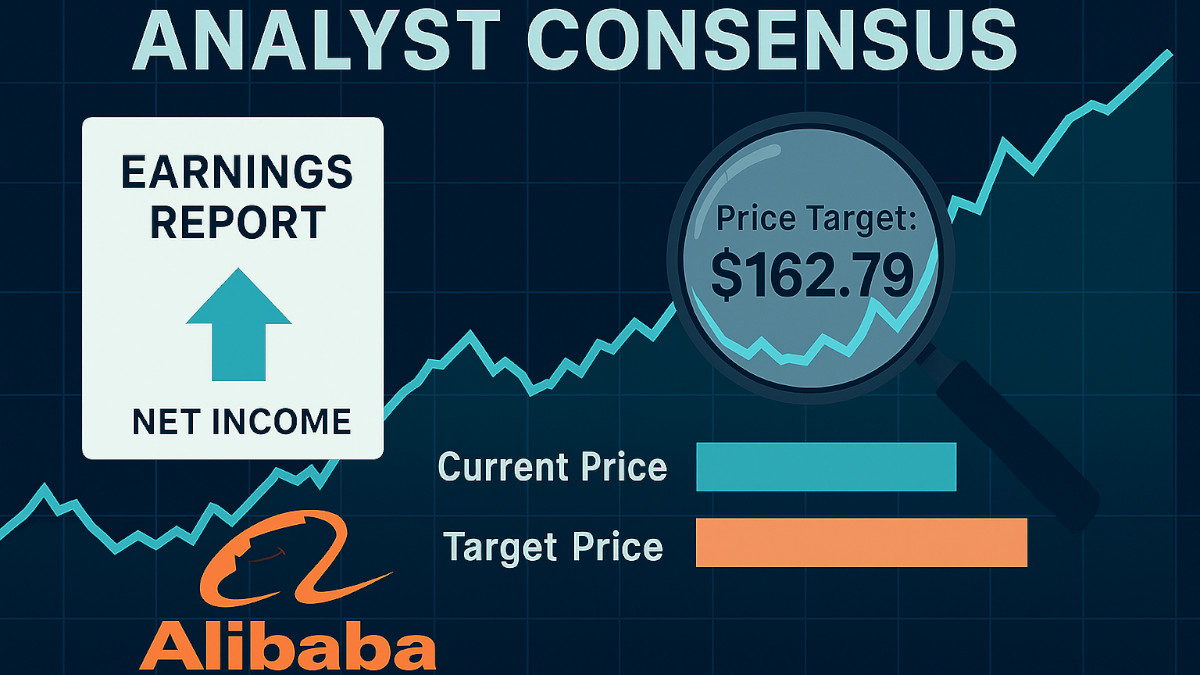Oil Prices Slip Amid Tropical Storm Disruptions and Weak Chinese Demand

Oil prices declined on Tuesday as the impact of Tropical Storm Francine on supply was offset by concerns over weakening Chinese demand and persistent global oversupply.
Oil Price Analysis
- Brent crude futures: Decreased by 0.06% to $72.80 per barrel.
- U.S. West Texas Intermediate (WTI) crude futures: Decreased by 0.15% to $68.60 per barrel.
- These declines follow a slight increase on Monday.
Tropical Storm Francine Impact
The tropical storm forced the closure of several Texas ports, including Brownsville. Offshore oil production from major companies like Exxon Mobil, Shell, and Chevron was disrupted due to the storm. While the storm caused significant disruptions, the impact on oil supply is expected to be temporary.
The specific path of the storm would have influenced which ports and offshore platforms were most directly affected. Once the storm passes, companies will likely work to resume operations as quickly as possible.
The temporary disruption could lead to short-term fluctuations in oil prices, but the overall impact on global supply is likely to be minimal.
Chinese Demand Weakens
Despite the supply disruptions, oil prices were pressured by signs of weakening global demand. China's consumer inflation rose in August, but domestic demand remained fragile, and producer price deflation worsened. This suggests that China's economic recovery may be slowing, which could reduce oil demand.
Global Oil Supply
Commodity traders Gunvor and Trafigura expressed concerns about the impact of weakened Chinese demand and global oversupply on oil prices. They forecast prices to range between $60 and $70 per barrel.
The concerns expressed by Gunvor and Trafigura align with recent trends in the oil market. China, as the world's largest oil importer, plays a significant role in determining global oil prices. A slowdown in China's economy can lead to reduced oil demand, which can put downward pressure on prices.
Moreover, global oversupply, driven by factors such as increased production from major oil-producing countries and a slowdown in global economic growth, is also contributing to lower oil prices. The combination of these factors has resulted in a challenging environment for oil producers and traders.
Oil Price Forecast
Shift towards lower-carbon fuels and a sluggish economy in China are dampening oil demand growth in the world's largest crude importer. Goldman Sachs estimates that China's annual demand growth has slowed from around 500,000-600,000 barrels per day in the years before the COVID-19 pandemic to 200,000 barrels per day now.
Investors will be watching for the monthly oil market report from OPEC and the U.S. Energy Information Administration's short-term energy outlook for further insights into the global oil market and future trends.
Bottom Line
Oil prices remained volatile as the impact of Tropical Storm Francine on supply was offset by concerns over weakening Chinese demand and persistent global oversupply.
While the storm temporarily disrupted oil production in Texas, its overall impact on global supply is expected to be minimal. However, the slowdown in China's economy and the ongoing shift towards lower-carbon fuels continue to weigh on oil demand, contributing to downward pressure on prices. As investors await further updates from OPEC and the EIA, the oil market remains uncertain, with prices likely to fluctuate in response to evolving economic and geopolitical factors.







